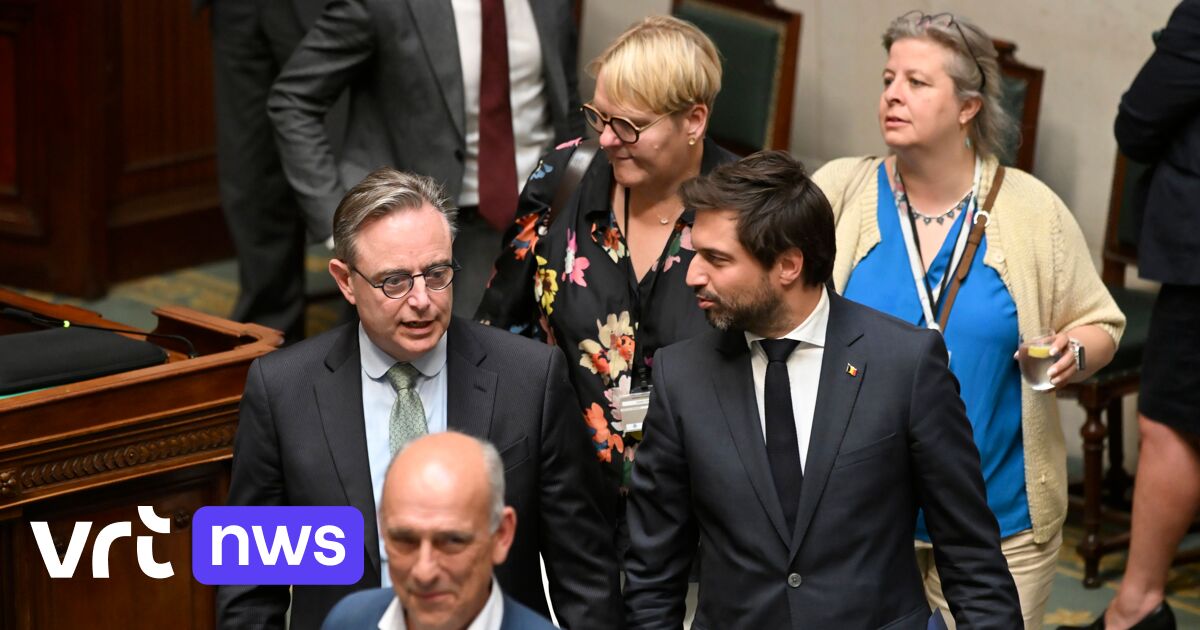English summary:
The federal government is focused on a challenging budget described by Prime Minister De Wever as a “col buiten categorie.” Budget expert Willem Sas says the right path has largely been taken and recent economic forecasts are reasonably positive, with nominal growth roughly matching interest costs on the debt, making the debt theoretically sustainable. Major reforms—especially the pension reform—have helped, but the deficit remains large and there is concern about future shocks forcing heavy spending. Political tensions remain: MR leader Bouchez calls for an extra €20 billion in cuts, mainly to fund a planned income tax reduction that would raise the tax-free allowance, a move Sas calls a political choice that may be inefficiently targeted. Other proposals to raise revenue, such as increasing co-payments for medical visits, drew criticism for burdening vulnerable people; Sas prefers structural health-care reforms and efficiency gains. He also sees scope in reforming the special financing law to reduce transfers to regions and align decentralized spending with neighboring countries, which could help meet the Maastricht deficit limit of 3% of GDP. Overall the priority is avoiding a government crisis and choosing reforms that strengthen the economy and make deficits easier to finance.


